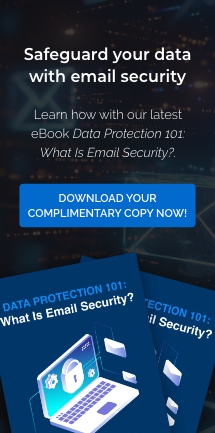While iOS is relatively more difficult to penetrate than other operating systems, clever criminals have found a way to breach its security. Through voice phishing, scammers are tricking iPhone users by pretending to be from Apple Support and asking for their login credentials. Here’s what you can do so you don’t fall prey to these schemes.
If you receive a call from a person who claims that he or she is from Apple Support and asks you to contact a certain number because Apple has supposedly suffered a security breach, do not panic, and do not call the number. Remember that customer support isn’t proactive: the company waits for your call before it addresses your issues. That Apple would reach out first is already suspicious. To verify your suspicion, you can reach out to Apple Support and ask whether the call you received was indeed from their headquarters.
Unless confirmed by official sources, never follow instructions from an unverified caller or email sender. And if the sender asks you for sensitive information like your User ID or password, that should be a big red flag. Do not reveal confidential or financial information via SMS, phone call, or email. If you don’t know the person on the other line, block the number. The same goes for email: block the sender and report the message as spam.
To further protect your iPhone and other devices, never click on the URLs in emails or messages from unknown senders. Doing so can open compromised web pages, or force download infected files. Only trust URLs that bear https in their addresses. The s stands for secure, and any webpage that only reads as http may be susceptible to data interception because information exchanged over these sites aren’t encrypted.
It’s also a good practice to always update your email and other messaging apps because developers regularly include anti-phishing security patches when they roll out new features or versions of their software.
Secure your iOS devices and your personal data. Learn more about data phishing and how to avoid them. Call us today!

